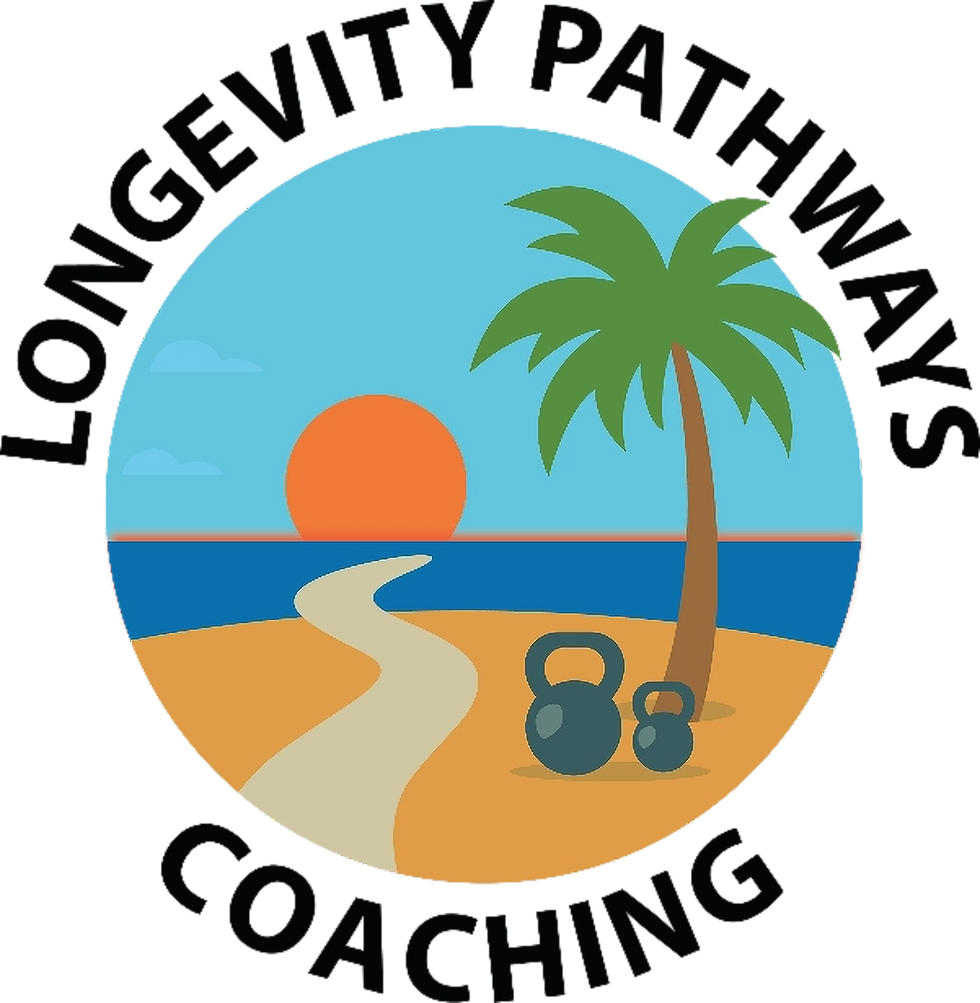Tai Chi Will Change Your Life!
- Phillip Keith

- Oct 6, 2025
- 3 min read
The Transformational Power of Tai Chi
If you’ve ever watched a group of people moving slowly and gracefully in the park, you’ve probably seen Tai Chi in action. This centuries-old Chinese practice blends gentle movement, balance, strength, mindfulness, and breathwork. Tai Chi continues to gain popularity among adults age 55 and older, and for good reason!
Tai chi is often called “meditation in motion.” Unlike high-impact or endurance workouts, it is safe and easy on joints and muscles. Yet it offers powerful benefits for both body and mind. Whether you’re looking to stay active, alleviate stress, improve mental focus, or move with more confidence, tai chi can help you do all of the above.
A Body in Balance
One of the biggest benefits of Tai Chi is better balance and coordination. The slow, deliberate movements train your body to stay centered and stable, which can significantly reduce your risk of falls. Over time, Tai Chi helps strengthen the legs, hips, and core muscles, improving posture and flexibility in everyday activities. And because it’s very low-impact Tai Chi can be done even if you’re limited by arthritis, joint stiffness, or limited mobility. Many people report they walk taller, move more fluidly, and feel stronger after just a few weeks of practice!
Calm Mind - Strong Spirit
Beyond the physical, Tai Chi is also an excellent mental stimulator. The focus on slow breathing and mindful movement encourages relaxation, reduces anxiety, and lowers stress levels. Many practitioners describe it as a moving meditation — one that leaves the mind clearer and calmer after every session. Research has also shown that Tai Chi can enhance mood and concentration. The combination of body awareness and mental control control helps stimulate the brain, keeping it sharp and engaged well into later years.
Connection, Community, and Cognitive Health
Tai Chi is often practiced in groups, making it a wonderful way to connect with others. The gentle rhythm of moving together builds a sense of community and belonging — something that becomes even more meaningful with age.
And beyond social benefits, Tai Chi supports cognitive health. Research shows it can improve executive function — the brain’s ability to plan, multitask, and stay focused — even more effectively than some other forms of exercise [1]. A 12-week study found that older adults who practiced Tai Chi showed stronger working memory and higher brain activity in regions linked to attention and decision-making [2]. Other research suggests Tai Chi may help people with mild cognitive impairment maintain memory and even slow progression toward dementia [3].
Because Tai Chi is adaptable, you can do it standing, sitting, or even at home through online classes. No fancy equipment is needed — just comfortable clothing, a bit of open space, and a willingness to slow down.
Getting Started with Tai Chi
If you’re curious, look for local Tai Chi classes at a senior center, community recreation program, or wellness studio. There are online programs designed specifically for older adults starting tai chi. Start slow, listen to your body, and focus on consistency — even ten minutes a day can bring real results.
A Path to Graceful Aging
Tai Chi is more than exercise — it’s an integral tool on your longevity pathway! For aging adults, it offers a way to strengthen the body, calm the mind, and nurture balance in every part of life. With each mindful movement, Tai Chi helps you age with confidence, stability, and peace . . . inside and out!
Sources
[1] Harvard Health Publishing. A Sharper Mind: Tai Chi Can Improve Cognitive Function. https://www.health.harvard.edu/mind-and-mood/a-sharper-mind-tai-chi-can-improve-cognitive-function
[2] Frontiers in Aging Neuroscience (2023). Tai Chi Enhances Working Memory and Prefrontal Cortex Activation. https://www.frontiersin.org/articles/10.3389/fnagi.2023.1206891/full
[3] National Library of Medicine (2021). The Effect of Tai Chi on Cognitive Function in Older Adults with Mild Cognitive Impairment. https://pmc.ncbi.nlm.nih.gov/articles/PMC8360724/






Comments